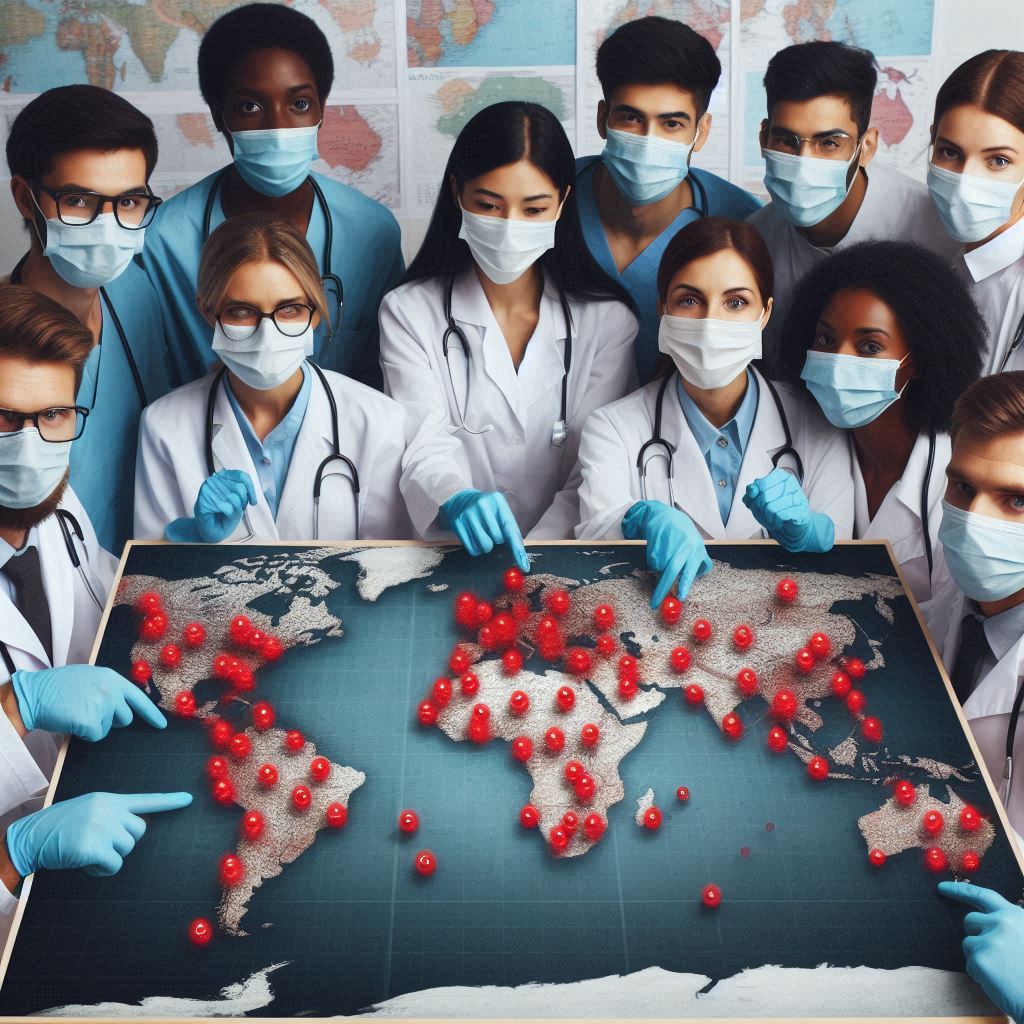
World Health Organization Strengthens Global Disease Surveillance
The World Health Organization (WHO) has announced significant improvements to its Early Warning Alert and Response Network, enhancing global capacity for rapidly detecting public health threats. This upgraded system allows for faster information sharing between countries, enabling quicker responses to potential outbreaks. The network now incorporates advanced data analytics and artificial intelligence to identify patterns and predict potential health emergencies before they escalate.
International Collaboration Tackles Antimicrobial Resistance
A new multinational initiative has been launched to combat the growing threat of antimicrobial resistance. This collaborative effort involves researchers, pharmaceutical companies, and government agencies from over 50 countries. The program aims to develop new antibiotics, improve stewardship of existing drugs, and implement stricter regulations on antibiotic use in agriculture. Early results show promising leads in the discovery of novel compounds effective against drug-resistant bacteria.
Climate Change and Health: Global Action Plan Unveiled
In response to the increasing health risks posed by climate change, a comprehensive Global Action Plan has been introduced. This plan addresses the direct and indirect health impacts of climate change, including the spread of vector-borne diseases, heat-related illnesses, and food insecurity. Key strategies include strengthening health systems in vulnerable regions, developing early warning systems for extreme weather events, and promoting sustainable healthcare practices to reduce the sector's carbon footprint.
Pandemic Preparedness: Lessons Learned and New Strategies
Drawing on experiences from the COVID-19 pandemic, global health leaders have outlined new strategies for pandemic preparedness. These include establishing a global network of vaccine manufacturing hubs to ensure equitable access to vaccines during future outbreaks, improving genomic surveillance capabilities worldwide, and creating more robust supply chains for essential medical equipment and supplies.
Mental Health Crisis: A Global Priority
Recognizing the growing global mental health crisis, exacerbated by recent global events, the United Nations has declared mental health a global priority. A new initiative aims to increase access to mental health services worldwide, with a particular focus on low and middle-income countries. The program includes training for primary care providers in mental health screening and treatment, as well as efforts to reduce stigma surrounding mental health issues.
One Health Approach Gains Momentum
The One Health approach, which recognizes the interconnection between human, animal, and environmental health, is gaining traction globally. New programs are being implemented to improve collaboration between human and veterinary medicine, environmental science, and public health sectors. This integrated approach aims to better prevent and respond to zoonotic diseases and other health threats at the human-animal-environment interface.
Digital Health Technologies Enhance Global Health Security
Advancements in digital health technologies are playing an increasingly crucial role in global health security. From mobile apps for disease reporting to artificial intelligence-powered diagnostic tools, these innovations are improving early detection and response capabilities worldwide. A new global initiative aims to bridge the digital divide, ensuring that these technologies reach even the most remote and resource-limited settings.
Strengthening Health Systems: A Foundation for Global Health Security
Recognizing that robust health systems are crucial for managing health threats, there's a renewed global focus on strengthening health infrastructure, particularly in low and middle-income countries. This includes efforts to improve primary healthcare, enhance laboratory capacities, and build a skilled healthcare workforce. The initiative aims to create more resilient health systems capable of handling both routine healthcare needs and unexpected health emergencies.











